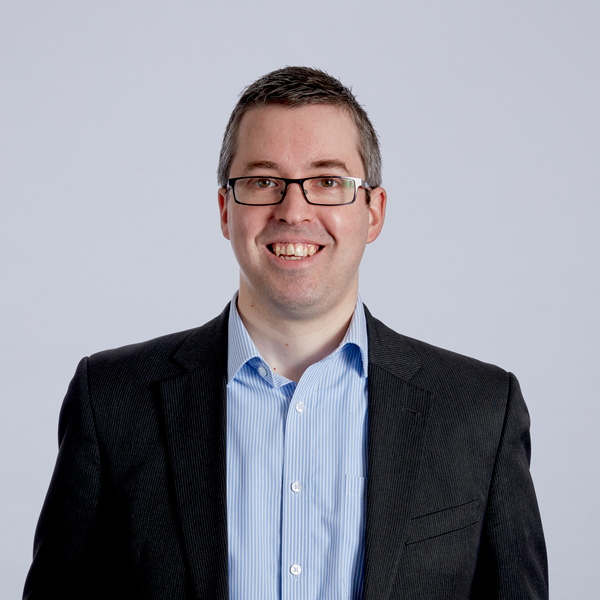
The patenting process: Timing is important (but it isn’t everything)
Here, Joel Beevers from intellectual property law firm Potter Clarkson sets out six must-read ‘dos’ and ‘don’ts’ about first-in-clinic trials.
Intellectual property (IP), such as a patent portfolio, is critical to the value of companies innovating in the medical field, especially due to the cost of overcoming the scientific and regulatory hurdles to bring a product to market. It is also an area in which mistakes can be costly.
Following these six tips can help you to avoid some of the pitfalls that some early-stage companies often encounter during the patenting process.
1. DON’T be pessimistic about your early data
You don’t need to wait until a project is finished before starting the patenting process.
It is typical to prepare patent applications in a two-stage process:
- A first application, setting out the invention with some initial data
- A second application, made within the subsequent 12 months, that can include additional supporting data
The data in that first application generally only need to make the ‘technical effect’ of the invention plausible.
Moreover, if you find out that you need more time to obtain important supporting data, it is usually possible to withdraw and re-file the first application to restart the 12-month clock, provided you have not already publicly disclosed the invention.
2. DO have agreements in place beforehand, that clearly establish ownership of clinical trial data and any inventions
It is important to establish who owns and controls use of the data and any inventions arising from a trial. The whole process is simpler when this is done before the trial begins.
3. DON’T passively accept joint ownership of data or patent applications
A patent should only be granted to the inventor or their ‘successor in title’ (such as their employer in some cases).
Joint ownership (multiple inventors or ‘successors in title’) usually restricts what each owner can do without obtaining consent of the other owner(s). This makes the process of obtaining and transacting patents more difficult and costly.
Therefore – if it’s possible – a written agreement should be made to establish single ownership or delineate who can apply for a patent relating to specific aspects.
4. DO establish an IP-focused review procedure before submission of trial protocols and publications
One of the main requirements for obtaining a patent is for the invention to be new, meaning that it has not been disclosed to the public in any form before applying for the patent.
Any public disclosure of the details of the invention before making a patent application could be found by a Patent Office examiner, or by a third party wanting to stop you from obtaining or maintaining a patent. Although some countries have a ‘grace period’ to selectively ignore disclosures of the invention made by the inventor, it is far better to have a procedure in place to prevent such disclosures.
A review procedure should check that none of the important details of the potential invention will be made public until after a patent application has been made. For some countries, this includes published protocols of clinical trials even before publication of any results.
5. DON’T talk about your inventions without a non-disclosure agreement (NDA)
Oral disclosures or presentations of your invention before making a patent application can also mean that it is not new, or make it possible for a third party to make their own application based on your idea.
Always keep everything confidential (preferably subject to an NDA), at least until you have made your patent application.
6. DO discuss your IP strategy and timeline with a qualified patent attorney
Formulating and following an IP strategy, tailored for your technology and commercial plans, is worth the effort because of the value it will bring to your company. We would always recommend engaging a qualified patent attorney who can understand your technology and advise on how and when to obtain protection for your innovation.
Find out more

If this list raises any IP-related questions, or you would like to discuss how to create the IP and legal strategy that will maximise the commercial value of your intellectual property, please consider joining MedCity Community in order to attend our virtual (and free!) 1on1 IP clinics on 22 November 2022.
To contact Joel:
email: joel.beevers@potterclarkson.com
Tel: +44 (0)115 9936372